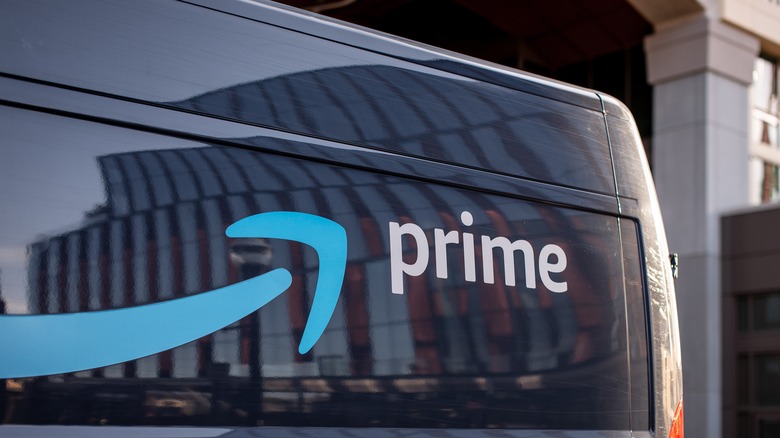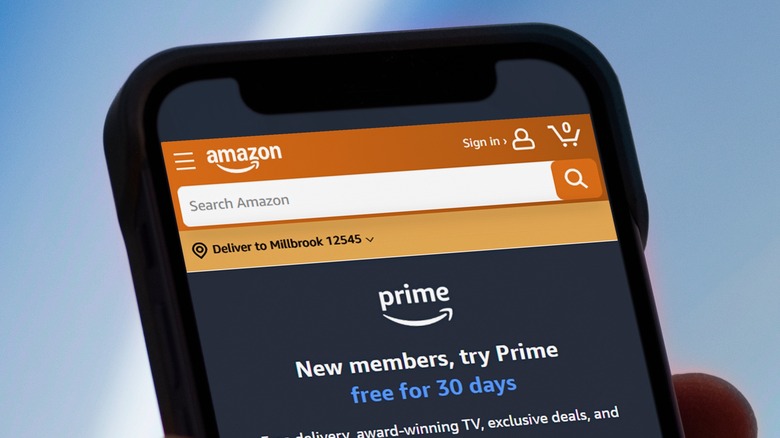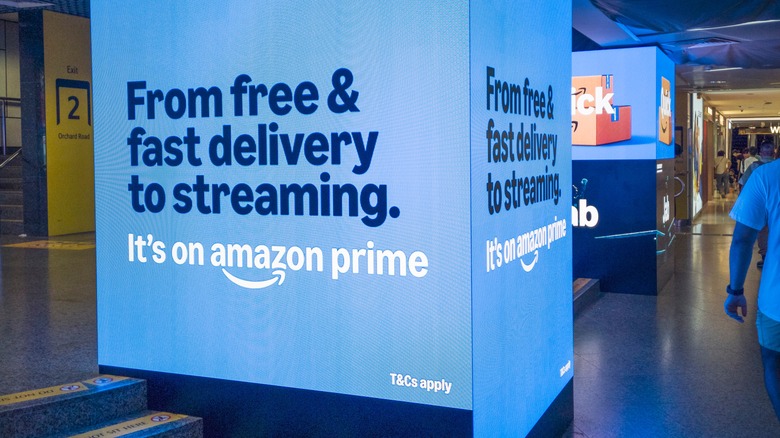Did You Feel Tricked Into Your Prime Membership? The FTC Says Amazon May Owe You Money
In 2023, the Federal Trade Commission targeted Amazon over charges of onboarding customers into its Prime subscription program without their explicit consent. The e-commerce giant also received flak for making it hard for users to subsequently cancel their subscription. Two years later, Amazon has finally reached a settlement worth $2.5 billion with the agency. The massive purse will go toward paying fines and reimbursements. A total of one billion dollars will be paid as compensation, while the remaining $1.5 billion will go towards paying millions of customers who feel that they were deceived by Amazon into paying for a Prime subscription.
The complaint filed against Amazon, which has now been heavily redacted, mentions that "Prime checkout enrollment flow contains design elements that trick people into signing up." It also mentions forced action, a series of tactics that nudged customers to enroll in the Prime membership before they could proceed with checkout, and making it increasingly complex to successfully cancel a subscription. Interestingly, Amazon called that design flow "Iliad," alluding to the eponymous long epic by Homer spanning thousands of lines and years of events.
In its filings, the FTC (link downloads a PDF to your device) lambasted Amazon for "manipulative, coercive, or deceptive user-interface designs," when the Prime subscription was priced at $15.99 per month. For these actions, Amazon was held liable for violating the FTC Act and the Restore Online Shoppers' Confidence Act.
How to claim a portion of the $1.5 billion settlement?
The FTC notes that the approximately 35 million customers will get full relief if they were impacted by Amazon's "unwanted Prime enrollment or deferred cancellation." As per the settlement documents released by the agency, you are eligible for a portion of the payout on an automatic basis if:
- You were enrolled in the Prime subscription deceptively.
- You have availed of no more than three Prime subscription benefits in a year.
Amazon has been asked to refund the full amount of the Prime membership for the duration, but do keep in mind that the per-customer payout is capped at $51, accounting for the period between June 23, 2019, and June 23, 2025. If you fall in any of the categories above, you don't have to submit a claim to receive the payments. The company will notify affected customers and has been asked to issue the payment within 90 days.
Additionally, there is a system in place where customers can file a claim if they were affected by Amazon's actions, but did not use more than ten Prime benefits within a year. This tier covers customers who claim that they were unknowingly enrolled in the program or were unable to cancel the subscription due to the complex process in place. The claim forms will be sent by Amazon via email, postal mail, or through a website. In case the number of affected customers exceeds the range where the $1.5 billion is not enough for the $51 refund, the fund will be distributed on a pro rata basis.
Amazon is not alone
Amazon has tried to distance itself from any wrongdoing in a statement saying, "Amazon and our executives have always followed the law and this settlement allows us to move forward and focus on innovating for customers. We work incredibly hard to make it clear and simple for customers to both sign up or cancel their Prime membership, and to offer substantial value for our many millions of loyal Prime members around the world. We will continue to do so, and look forward to what we'll deliver for Prime members in the coming years." Amazon won't be the only company to face heat for subscription-related concerns.
Last year, the FTC initiated action against Grubhub for advertising a subscription service that promised free delivery, but still charged for it. Additionally, the company received flak for putting (per the FTC) "numerous roadblocks in place to impede diners from canceling" the aforementioned subscription. The company eventually settled after paying a $140 million fine. Earlier this year, dating giant Match Group also paid a $14 million settlement over deceiving customers into paying for a subscription by guaranteeing a six-month free bonus if they didn't "meet someone special."
The company, which runs Match.com, OkCupid, and PlentyOfFish, among other dating sites, was also criticized for making it difficult to cancel ongoing subscriptions. In April 2025, the regulatory agency also initiated legal action against Uber for making customers pay for the Uber One subscription without their explicit approval and obscuring crucial details about it.


